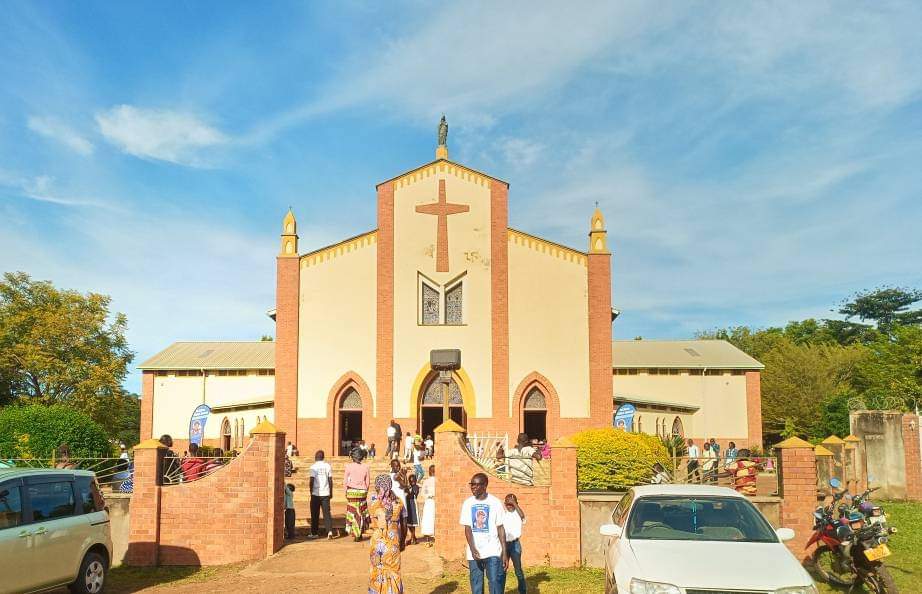When President Yoweri Museveni while in Mbale on November 11, 2025 said that Uganda could one day fight for access to the Indian Ocean, many people laughed, mocked him online, and turned his words into memes. But behind the jokes was a serious warning that East Africa has ignored for too long.
Museveni asked a simple question: How can a region live in the same “block of flats” and only the ground floor owns the courtyard? In his view, the Indian Ocean should not be treated as the private property of Kenya or Tanzania. Landlocked countries—Uganda, Rwanda, Burundi, South Sudan, and even Ethiopia—depend fully on their neighbors’ ports, yet have no permanent control over them.
After days of controversy, Museveni clarified that he was not calling for war. Instead, he was calling for a strong East African Federation that guarantees every member country secure and fair access to the ocean. His tone was bold, but the message was not reckless—it was a reminder that geography has trapped some nations and privileged others.
Why Museveni Is Frustrated
Uganda’s frustrations are not imaginary. Transport costs for landlocked countries in sub-Saharan Africa are up to double those of coastal nations. Every delay at Mombasa or Dar es Salaam, every diplomatic quarrel, and every stalled infrastructure deal becomes a national crisis.
Museveni pointed to real examples:
-
The long-delayed standard gauge railway meant to connect Uganda to Mombasa.
-
Complications in exporting Uganda’s oil through Tanzania.
-
The impossibility of building a navy without touching the sea.
In a world where major powers like China and the U.S. are investing heavily in strategic ports, East Africa cannot afford to remain vulnerable.
Misinformation and Misleading Comparisons
Some commentators tried to defend Museveni with questionable examples. Claims that Ethiopia fought in the Tigray War to gain sea access, or that Egypt and Ethiopia are heading to war over “water access,” do not stand up to basic facts. The Ethiopia–Egypt conflict is about control of the Nile’s flow around the GERD dam—not access to water sources. And Tigray’s advances into Afar in 2021 were about disrupting Ethiopia’s supply lines, not opening a path to the sea.
Using such inaccurate examples only derails Museveni’s main argument—and turns a serious debate into confusion.
But the Bigger Point Still Stands
Despite the noisy debates, Museveni has touched a nerve felt across the region. Ethiopia, the world’s most populated landlocked country, has openly said its landlocked status is “unsustainable.” Prime Minister Abiy Ahmed’s push for access to the Red Sea through a Somaliland deal shows how desperate these issues have become.
Uganda feels the same pressure, and Museveni’s comments highlight the power imbalance within the East African Community (EAC). While coastal states control the gateways, landlocked states pay the highest price. Uganda sends over a billion dollars per year to Kenya in port fees alone—money that could build its own naval force if the country had direct access to the sea.
Why the EAC Must Wake Up
Museveni’s blunt style may irritate many, but in a region where leaders are often too polite, his honesty forces a needed conversation:
Is the EAC a true community or just a collection of unequal partners?
The EAC has talked about political federation for nearly two decades, but progress has stalled. If the region wants stability, cheaper trade, and collective security, it must be bold:
-
Revive the Political Federation Roadmap.
-
Build joint infrastructure with shared ownership.
-
Establish a unified maritime policy.
-
Guarantee landlocked countries reliable, permanent ocean access.
Kenya and Tanzania cannot act as gatekeepers forever—especially when their own economies are under pressure.
Museveni’s Warning Should Not Be Ignored
Museveni is not declaring war. He is warning that ignoring inequality within the EAC is how future conflicts begin. History teaches us that countries denied access to strategic waters often turn restless or aggressive. That is not a path East Africa wants to follow.
The conversation he has started is uncomfortable, but necessary. For the EAC to survive and grow, the Indian Ocean must be treated as a shared regional lifeline—not a coastal privilege.
East Africa’s landlocked nations deserve more than jokes and memes. They deserve a fair future.





